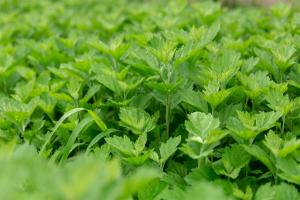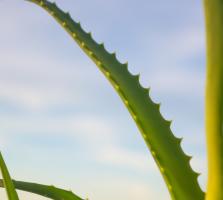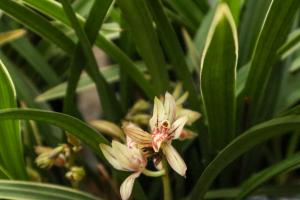Will Pool Water Kill My Plants?
Many people who own pools and have plants in their yard may wonder if pool water will have any effects on their plants. The answer is yes, pool water can potentially be harmful to plants if not used properly.
The Risks of Using Pool Water
The main reason why pool water can be harmful to plants is because of its chemical composition. Pool water often contains high levels of chlorine and other chemicals that can be damaging to plants if the water is not properly treated.
Chlorine is often added to pool water to kill bacteria and other harmful organisms that can grow in the water. However, when it comes into contact with plants, it can also damage their leaves and roots. Other chemicals that may be found in pool water, such as algaecides and pH adjusters, can also have negative effects on plants if not applied properly.
How to Use Pool Water on Plants
If you do decide to use pool water on your plants, there are a few things you can do to minimize the risk of damage:
Ensure the pool water is properly treated before using it on plants. This means ensuring the pH levels are balanced, and that there are no harmful chemicals present.
Do not use pool water on plants that are sensitive to chlorine or other chemicals. If your plant is particularly delicate, it may be best to avoid using pool water altogether.
Water your plants with pool water sparingly, and only when necessary. Overwatering with pool water can increase the risk of damage to your plants.
Monitor your plants closely after watering them with pool water, and take note of any changes in growth, color, or health. If you notice any negative effects, stop using pool water on your plants immediately.
Alternatives to Using Pool Water
If you are concerned about the potential risks of using pool water on your plants, there are some alternative options you can consider:
Collecting rainwater: Rainwater is a natural and safe source of water for your plants, and is free from any harmful chemicals.
Using tap water: If you have a municipal water supply, tap water can be a safe and reliable source of water for your plants.
Investing in a water filtration system: If you want to use pool water on your plants but are concerned about the chemicals present, installing a water filtration system can help remove any harmful substances before the water is used on your plants.
In Conclusion
In summary, pool water can potentially be harmful to plants if not used properly. If you do decide to use pool water on your plants, make sure it is properly treated and avoid overwatering. Alternatively, consider using rainwater, tap water, or investing in a water filtration system to help protect your plants from any potentially harmful chemicals.

 how many times do yo...
how many times do yo... how many planted tre...
how many planted tre... how many pine trees ...
how many pine trees ... how many pecan trees...
how many pecan trees... how many plants comp...
how many plants comp... how many plants can ...
how many plants can ... how many plants and ...
how many plants and ... how many pepper plan...
how many pepper plan...
































